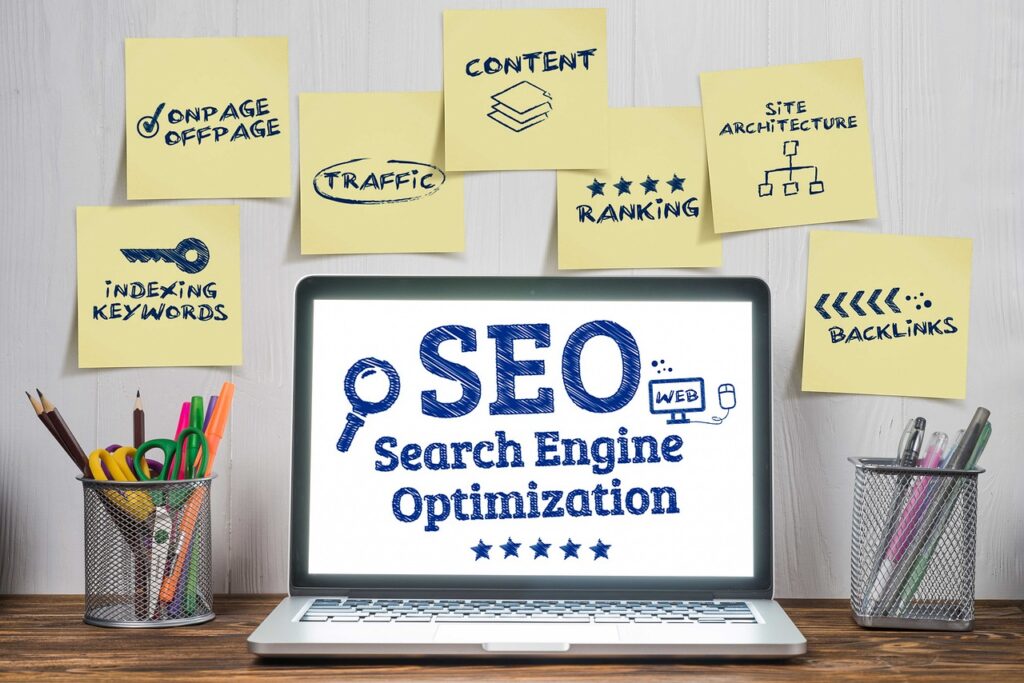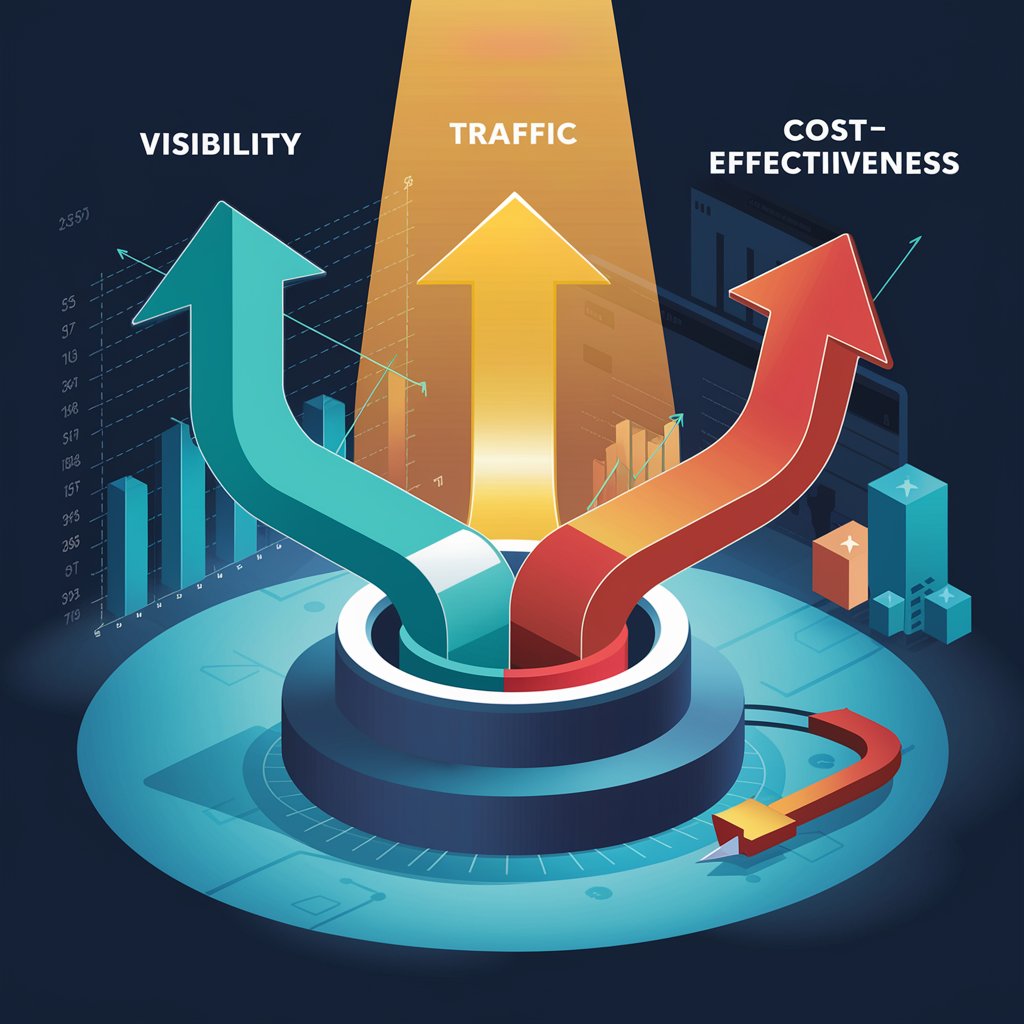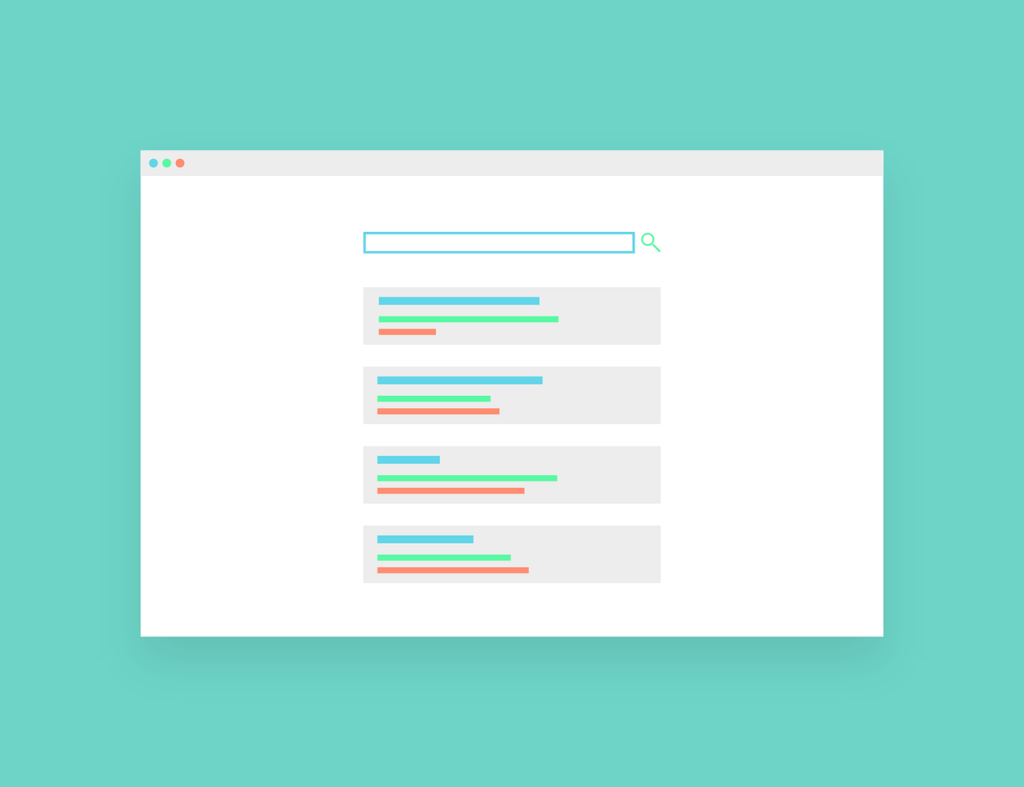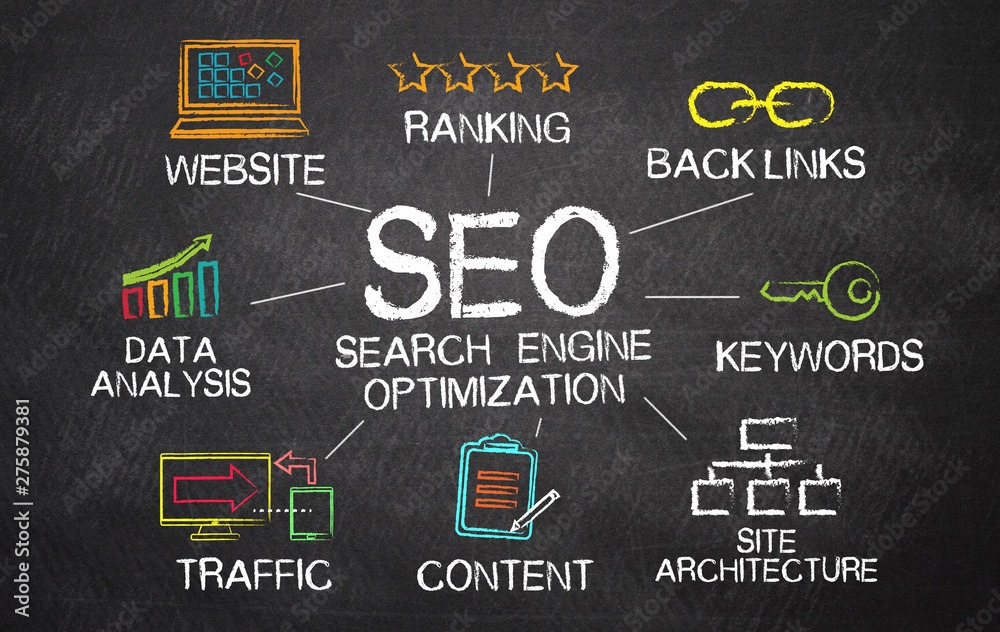Table of Contents
Toggle7 Essential SEO Tips to Skyrocket Your Website’s Visibility
SEO Sindhu
June 28, 2024

Introduction
If you’ve ever wondered how to get your website noticed in the vast sea of the internet, you’re not alone.
SEO (Search Engine Optimization)s more than just a buzzword—it’s a critical component(the secret sauce) of any successful online strategy. Whether you’re a seasoned marketer or just starting, these SEO tips will help you drive traffic and increase your online visibility. So, let’s dive in and explore seven essential SEO tips to get your site the attention it deserves.
Understand SEO Basics 🤔
Before we jump into the specifics, let’s break down what SEO is. Search Engine Optimization or SEO tips, is all about making your website more attractive to search engines like Google. Why should you care? Well, here’s why:
- Increased Visibility
: The higher your site ranks, the more visitors you’ll get.
- Better Quality Traffic
:Effective SEO tips/strategies drive quality traffic bringing in visitors who are genuinely interested in your content.
- Cost-Effective
: Unlike paid ads, SEO is a long-term investment that keeps on giving.

Know How Search Engines Work 🔍
Understanding how search engines operate is crucial for effective SEO. Here’s a a quick breakdown:
- Crawling
: Search engines use bots( called spiders) to crawl /scan the web and find new content.
- Indexing
: Once the content is found,it’s stored in a vast database known as an index.
- Ranking
: Search engines use complex algorithms to decide how to rank this content based on factors like relevance ,quality and user experience.
Start with Keyword Research 🔑
Keywords are the foundation of effective SEO. They’re the words and phrases users type into search engines when looking for information. Here’s how you can get started:
- Importance of Keyword Research: Choosing the right keywords helps search engines understand your site’s focus and improves your SEO ranking.
- Tools to Use : Utilize tools like Google Keyword Planner, SEMrush, or Ahrefs to find the best keywords for your content.
- Long-Tail vs. Short-Tail Keywords: Long-tail keywords (like “best SEO tips for small businesses”) are more specific and often less competitive, making them easier to rank for.

Create SEO-Friendly Content 📝
“Content is king“,is a phrase you’ve probably heard, but only if it’s well-optimized. Here’s how to ensure your content hits the mark with SEO-friendly:
- Write for People First: Your content should be engaging, informative, and Address the readers needs and provide solutions.Great SEO tips always start with understanding your audience.
- Sprinkle in Keywords Naturally: Use your keywords in a way that feels natural and doesn’t disrupt the flow. without keyword stuffing.
- Use Visuals: Enhance your content with images, videos, and infographics. These elements make your content more engaging and can boost your SEO.Don’t forget to add alt text to your images with your focus keyword!.

Implement On-Page SEO Best Practices ⚙️
On-page SEO refers to optimizing individual pages on your site. Here’s what you need to focus on:
- Title Tags: Ensure each page has a unique and descriptive title tag that includes your primary keyword.These SEO tips will guide you in crafting effective title tags.
- Meta Descriptions: Craft compelling meta descriptions that entice users to click on your link, incorporating relevant keywords.
- Headings (H1, H2, H3, etc.): Use headings to structure your content and improve readability. Include your keywords where relevant.
- Internal Linking: Link to other relevant pages on your site to keep users engaged and help search engines understand your content.
- Image Optimization: Compress images to improve loading times and use descriptive file names and alt text.
Focus on Off-Page SEO 🔍
Off-page SEO involves actions outside your website that impact your rankings. The most important factor here is backlinks.
- Why Backlinks Matter: Secure high-quality backlinks from reputable sites to signal to search engines that your content is valuable.
- How to Get Backlinks : Focus on earning links from authoritative websites in your niche. Guest blogging, influencer outreach, and creating shareable content are great ways to get these links.
- Don’t Forget Social Media: While not a direct ranking factor, social media engagement can drive traffic to your site and indirectly boost your SEO.
Master Technical SEO Basics 🛠️
Technical SEO ensures that search engines can easily crawl and index your site. Here’s what to focus on:
- Site Speed Matters: A fast-loading site improves user experience and SEO. Use tools like Google PageSpeed Insights to identify and fix issues.
- Go Mobile-Friendly: Ensure your site is mobile-friendly as more users access the web via mobile devices.
- Secure Your Site with HTTPS: Having an HTTPS site is a ranking factor and helps build trust with your audience.
- Fix Broken Links: Regularly check for and fix broken links on your site to maintain a good user experience.
- Use a Sitemap and Robots.txt: Submit a sitemap to search engines and use a robots.txt file to guide them on which pages to crawl.
The Role of Analytics in SEO 📊
To succeed in SEO, you need to keep an eye on your performance. Analytics tools can help you track your progress and fine-tune your strategies.
- Tracking SEO Metrics: Utilize Google Analytics and Google Search Console to monitor traffic, bounce rates, and keyword rankings.These SEO tips include regularly checking these metrics.
- Analyze and Adjust: Regularly review data to understand what’s working and what isn’t. Adjust your strategies based on this information to continually improve your SEO.

Conclusion
Ready to boost Your Seo?
Now that you’re equipped with these seven essential SEO tips, you’re well on your way to improving your website’s visibility and attracting more visitors. Keep in mind, SEO is an ongoing adventure, not a final stop. Keep learning, experimenting, and adapting, and you’ll see the results over time. Whether you’re optimizing your current site or starting a new project, these foundational SEO tips will set you on the right path.
FAQs
-
How does on-page SEO differ from off-page SEO?
On-page SEO is about optimizing the content and HTML source code of individual pages, while off-page SEO focuses on activities outside your website, like building backlinks and increasing social signals.
-
How often should I update my keywords?
Aim to review and update your keywords every 3-6 months to make sure they stay relevant to your audience and industry trends.
-
Is SEO a one-time process?
Nope, SEO is an ongoing process that requires regular monitoring, updating, and optimizing to keep up with changing algorithms and user behaviors.
-
Can I do SEO on my own? Absolutely! While it can be a bit complex, there are plenty of resources available to help you learn and implement these SEO tips on your own.
-
How much time does it usually take to start seeing results from SEO? SEO is a long-term strategy. Typically, it takes 3 to 6 months to start seeing noticeable results, but this can vary based on competition and the effectiveness of your efforts
